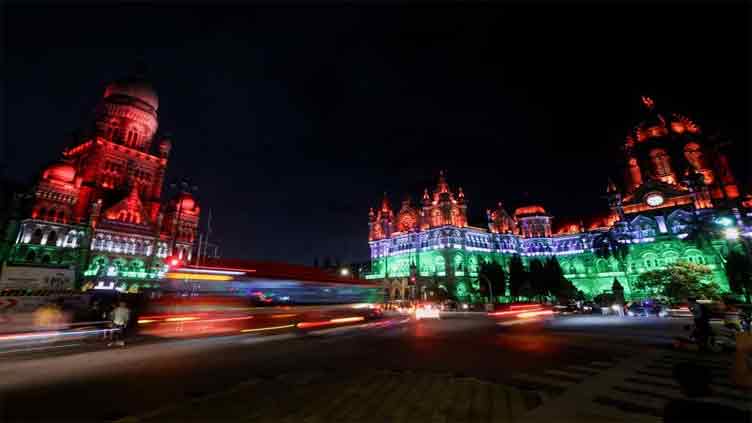India approves $7bn initial plan for electric buses in nearly 170 cities

Business
Modi govt eventually wants a total of 50,000 such vehicles across the country
NEW DELHI (Reuters) - India on Wednesday approved plans for a nearly 580 billion rupees ($7bn) scheme to deploy 10,000 electric buses in 169 cities over a decade, along with charging and associated infrastructure facilities.
The federal government will fund 200bn rupees of the cost of the scheme, based on a public-private partnership model, Information Minister Anurag Thakur said at a briefing.
It was not immediately clear whether the remaining funds would come from state governments or private companies.
Shares of companies that investors expect to benefit from the plan rose after the news. Electric bus makers Olectra Greentech and JBM Auto closed up 8.8pc and 10.1pc respectively.
Read more: Skyrocketing transportation cost means people need mass transit system even more
Tata Motors was up 1.9pc, while Ashok Leyland, which has a unit that makes electric buses, pared a 2.5pc rise to settle 0.9pc higher.
The government’s push for electric public transportation vehicles comes as it works to cut emissions and reduce fuel imports, with companies offered incentives to build vehicles and parts in the country.
Pursuing plans for an eventual fleet of 50,000 electric buses nationwide, at an estimated cost of $12bn, the government of Prime Minister Narendra Modi has been aggregating demand from state governments and issuing contracts or tenders inviting companies to bid.
New Delhi's monetary support to green the country's public transport comes at a time when bus makers have raised concerns about state transport corporations that have previously delayed payment for conventional buses. Having a dedicated fund will provide security to bus makers, allowing them to bid freely for government contracts, say analysts.
The cabinet also approved seven railway tracking projects worth 325bn rupees to boost connectivity and mobility across nine states.

